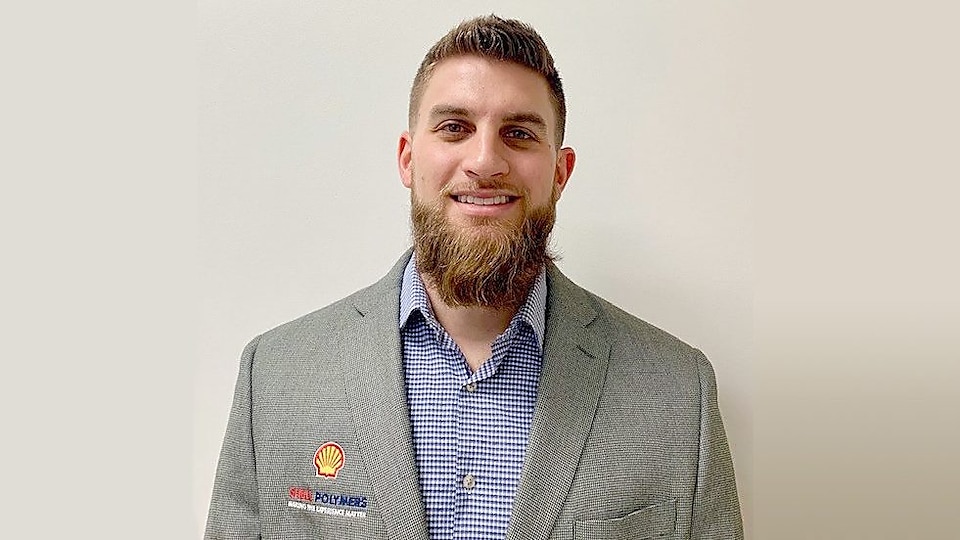Troubleshoot in the Application Hall
Shell Polymers’ application hall will contain commercial-sized units for multilayer linear low density polyethylene film, high molecular weight film, pipe and injection and blow molding. What does this mean for your customers?
Well, it means we’ll be able to help customers troubleshoot issues. The state-of-the-art conversion machines are critical to that capability, but so is our expertise. We’ll have industry-leading technical experts on-site to work with customers.
Related reading: How Shell Polymers’ Northeastern Plant Impacts Your Polyethylene Supply Chain
So let’s say a film company is keen to develop a more sustainable, recyclable alternative to the foam polystyrene tray with plastic overwrap that is commonly used in poultry packaging. They have observed that the sector is changing. It’s going more towards sustainable options and they have had the idea of developing a pouch to put the chicken in. We could help them trial a film structure to work in this market segment.
Unlocking New Opportunities for Converters
The number one opportunity would be, if you are producing monolayer films, you might be able to save three-to-four cents a pound by producing multilayer films instead. There is a clear trend in the industry for this. The cost benefits come from being able to use less-expensive resins in the core and fewer additives, as they are only necessary in the skins. In addition, with multilayer lines you can create engineered films that have unique properties over a wider variety of widths and line speeds, and you can do it in a single pass, which reduces the need to laminate.
Related Reading: Future of the Manufacturing Industry: Helping Converters Plan for a Post-Coronavirus World
Update your equipment. Newer blown film lines run significantly faster with much better gauge control compared with equipment produced 10 years ago.
Consider the use of polymer processing aids. They can help to prevent melt fracture. They can also increase your output by 10–15% and improve your profitability (assuming the line is not limited by cooling or winding) by lowering back pressure and extrusion torque. In addition, they can help to prevent die lip buildup, which can be a major impediment to efficient operations as it affects product quality and can require the line to be shut down.
I would suggest that plastics converters should be prepared to respond to – or drive – change. Food packaging, which is the largest market segment, is constantly changing. The major brands are increasingly replacing containers such as metal cans and glass jars with polyolefin products, and new opportunities are emerging all the time.



